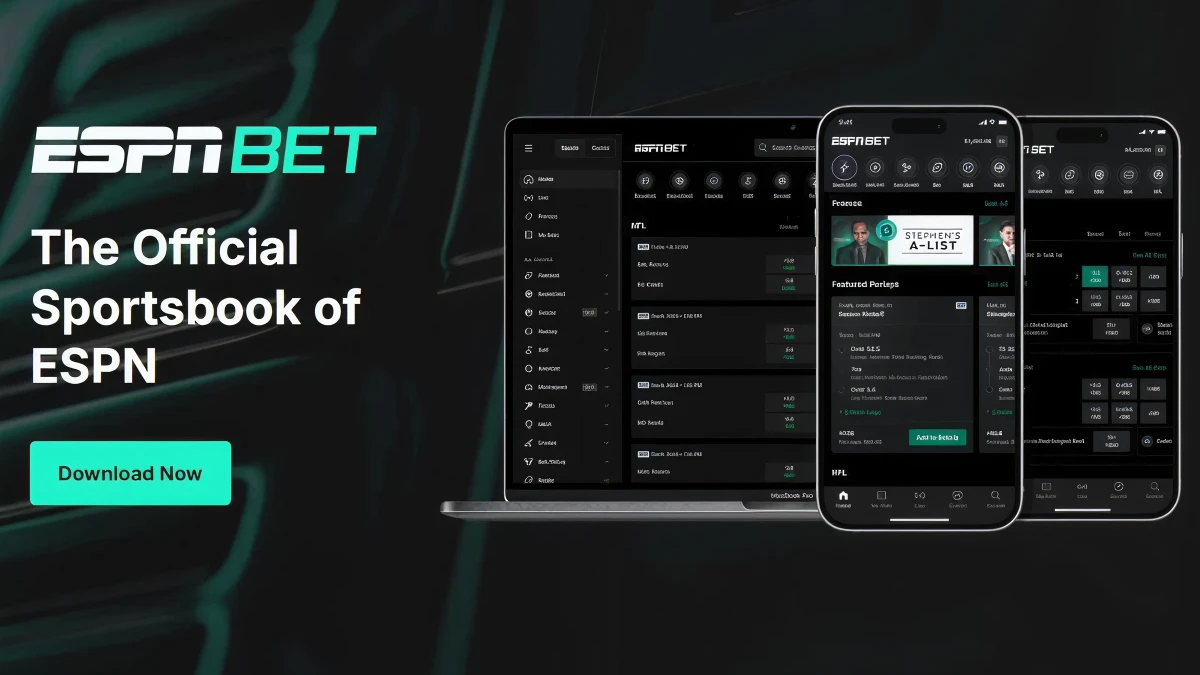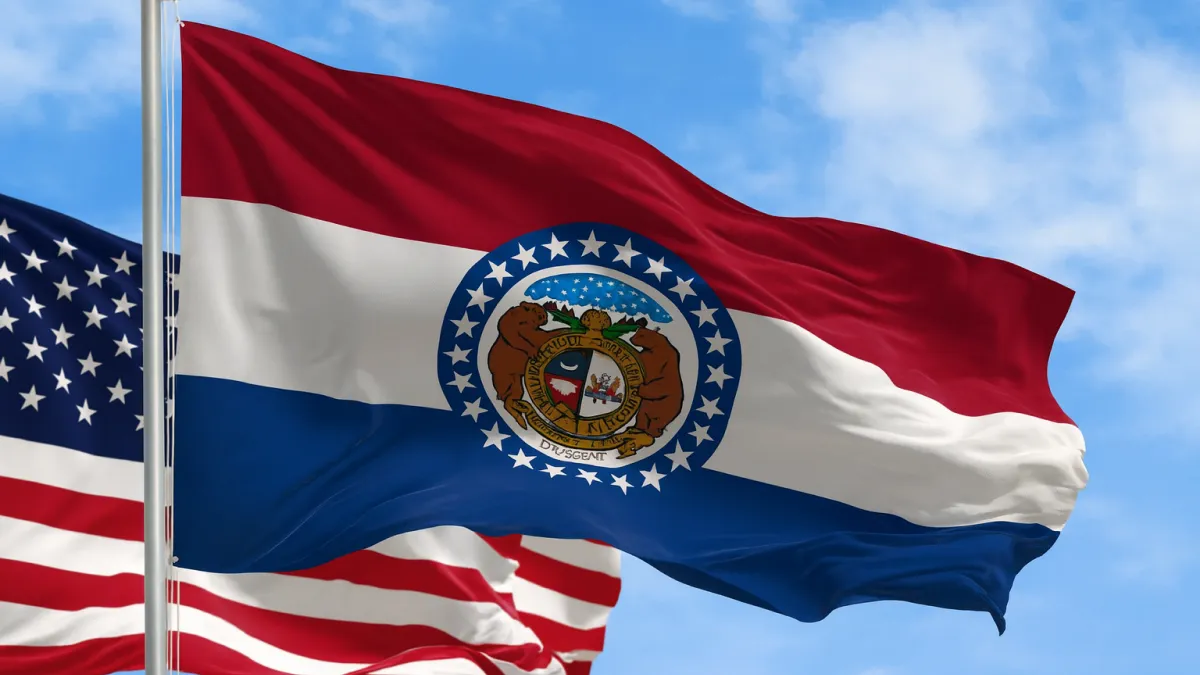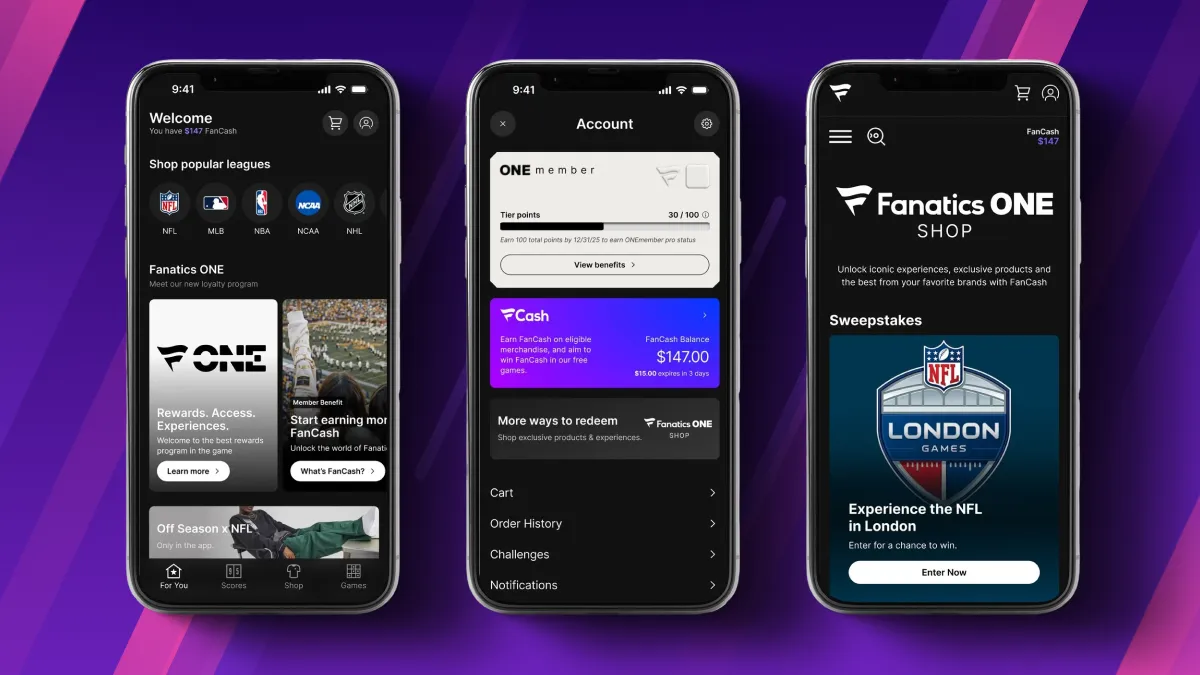Kalshi Fights Back Against Maryland Gambling Ban

1.0
Default
Kalshi is at it again: just when we thought things were finally settling down, Kalshi goes to court again and files a suit against Maryland for its cease and desist order, the same way that Kalshi fought against New Jersey and Nevada.
Kalshi, the federally regulated prediction market platform, has filed a lawsuit in Maryland federal court seeking to block the state from enforcing a cease-and-desist order that it claims unlawfully targets its event contracts. The legal action, filed late Monday, comes just ahead of a compliance deadline set by Maryland authorities for April 22, and mirrors Kalshi's recent legal victories in Nevada and ongoing litigation in New Jersey.
Kalshi suit against Maryland C&D letters
Maryland's April 7 cease-and-desist letters, issued to Kalshi alongside other firms like Robinhood and Crypto.com, accuse the companies of offering what the Maryland Lottery and Gaming Control Commission describes as unlicensed sports wagering. According to the commission, these companies operate sports event prediction markets that are "indistinguishable from sports betting," thus violating state law which limits sports wagering to licensed operators.
Kalshi's complaint argues that Maryland's enforcement efforts are federally preempted. Specifically, the company contends that Maryland is intruding upon the Commodity Futures Trading Commission's exclusive jurisdiction to regulate futures derivatives trading under the Commodity Exchange Act. Kalshi, a designated contract market, operates under the CFTC's oversight, which, according to the lawsuit, provides it with protection from conflicting state regulations.
Protection and regulation from the CFTC
"This action challenges the State of Maryland's intrusion into the federal government's 'exclusive' authority," the lawsuit states, citing legal precedent and statutory authority. Kalshi is seeking both preliminary and permanent injunctions to stop Maryland from enforcing the cease-and-desist and to declare the state's actions invalid under the Supremacy Clause of the US Constitution.
Kalshi's legal team points to a recent favorable ruling from the US District Court for the District of Nevada, which granted the company a preliminary injunction against a similar state action. In that case, the court ruled that Kalshi's operations fall under federal jurisdiction and that the state's attempt to regulate them created a conflict with federal law.
No prohibition of event contracts under federal law
In its Maryland filing, Kalshi again highlights that the CFTC has not prohibited its sports-event contracts. "Unless and until the CFTC takes action on Kalshi's sports-event contracts, they remain authorized under federal law," the company states in its complaint.
Interestingly, Kalshi's legal arguments avoid direct mention of sports events when highlighting the utility of event contracts, instead citing hypothetical examples like whether an earthquake will occur in Los Angeles County by the end of 2025.
Kalshi has been represented by Milbank LLP, with Neal Katyal, former Acting Solicitor General of the US, among the attorneys listed. The firm's involvement demonstrates the high stakes and potential precedent-setting nature of the case.
A somewhat heated exchange
Email exchanges submitted with the lawsuit reveal a last-minute attempt by Kalshi to negotiate with Maryland regulators. On April 18, Kalshi's legal counsel reached out to the MLGCC to discuss the implications of the Nevada ruling. However, the state did not respond substantively until the day before the compliance deadline.
In one of the final emails entered into evidence, Kalshi's attorneys urged Maryland officials to preserve the status quo to avoid emergency litigation. "Your agreement to preserve the status quo would avoid any need to burden a Maryland court with emergency litigation," wrote Andrew Cook, a partner at Orrick. Maryland's response was blunt. "Please note that we will take appropriate actions based on your response," wrote Michael Eaton, the managing director of the MLGCA.
With legal battles unfolding in multiple states, Kalshi's lawsuits are quickly shaping up to be a defining moment for the future of prediction markets and their regulatory classification. As states expand sports betting frameworks, the question of whether federally regulated event contracts fall under the same umbrella remains controversial - and unresolved.








_800x800.webp)











